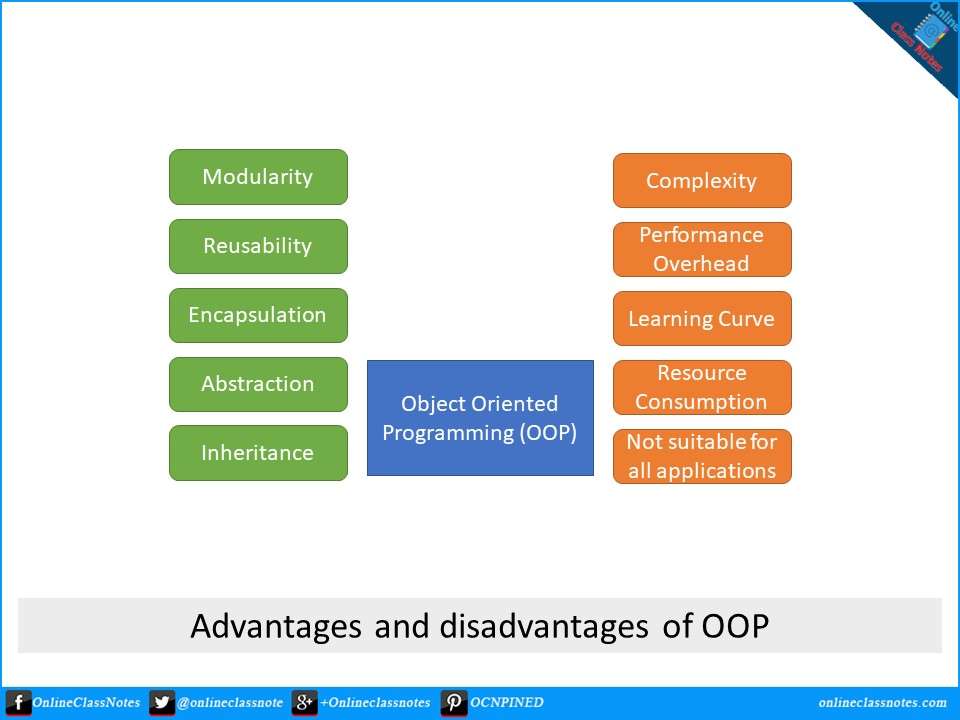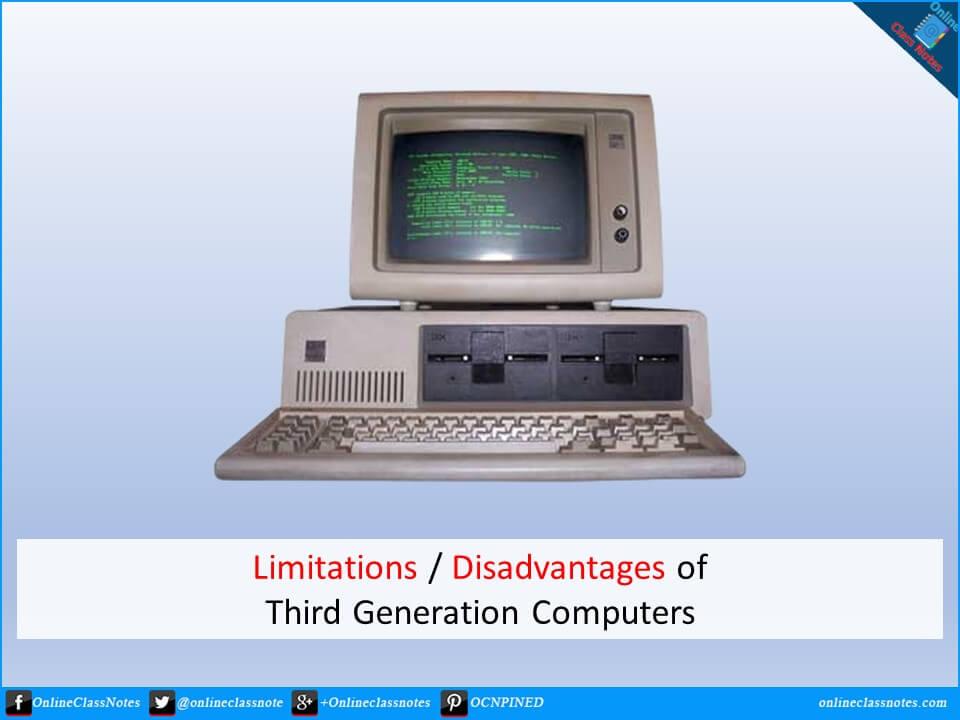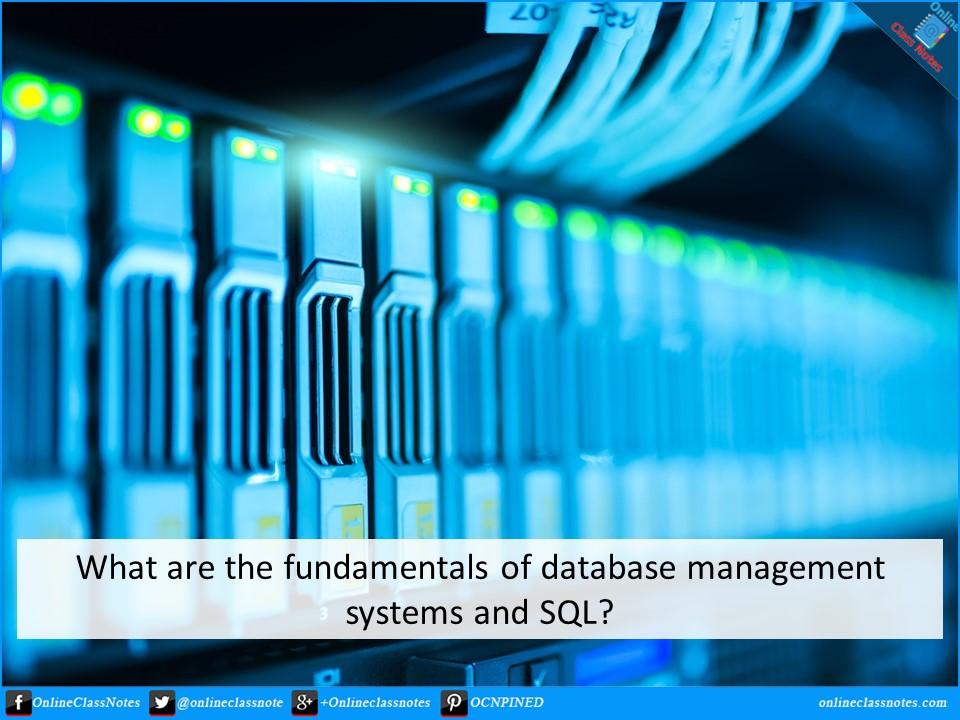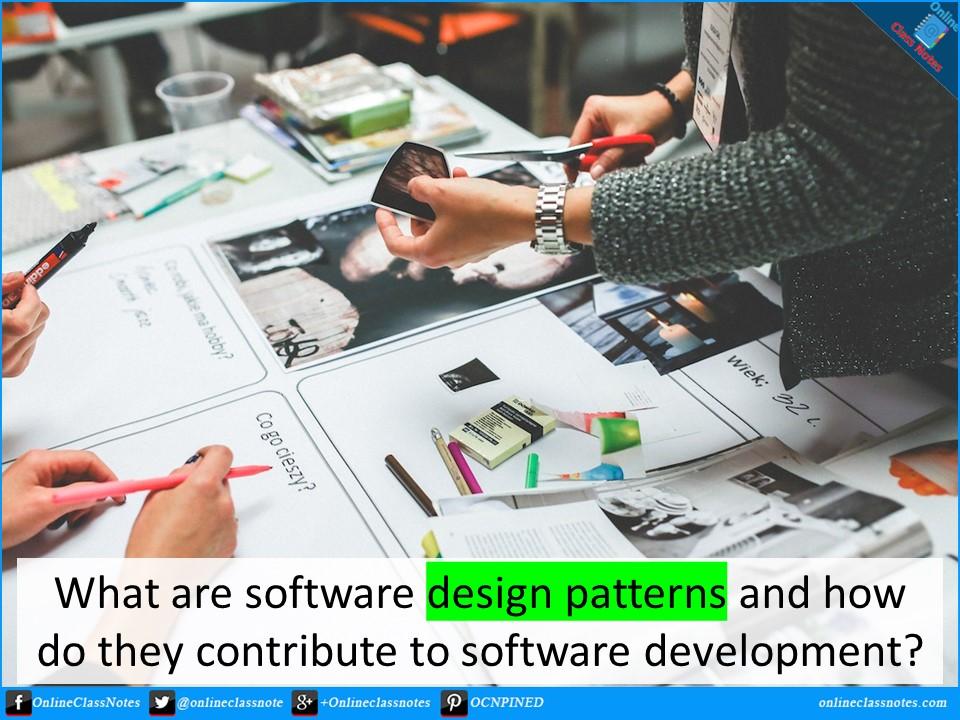Software Project Risk
In software engineering, a project risk refers to any factor or event that has the potential to adversely impact the successful completion of a software project. These risks can take various forms, including technical challenges, changing requirements, resource limitations, unexpected delays, budget constraints, and external factors like market shifts or regulatory changes. Each risk carries a level of uncertainty and the potential to disrupt project objectives, leading to issues such as missed deadlines, cost overruns, compromised quality, and, in some cases, project failure. Effective risk management in software projects involves identifying, analyzing, and proactively mitigating these risks to minimize their negative consequences and increase the likelihood of a successful project outcome.









